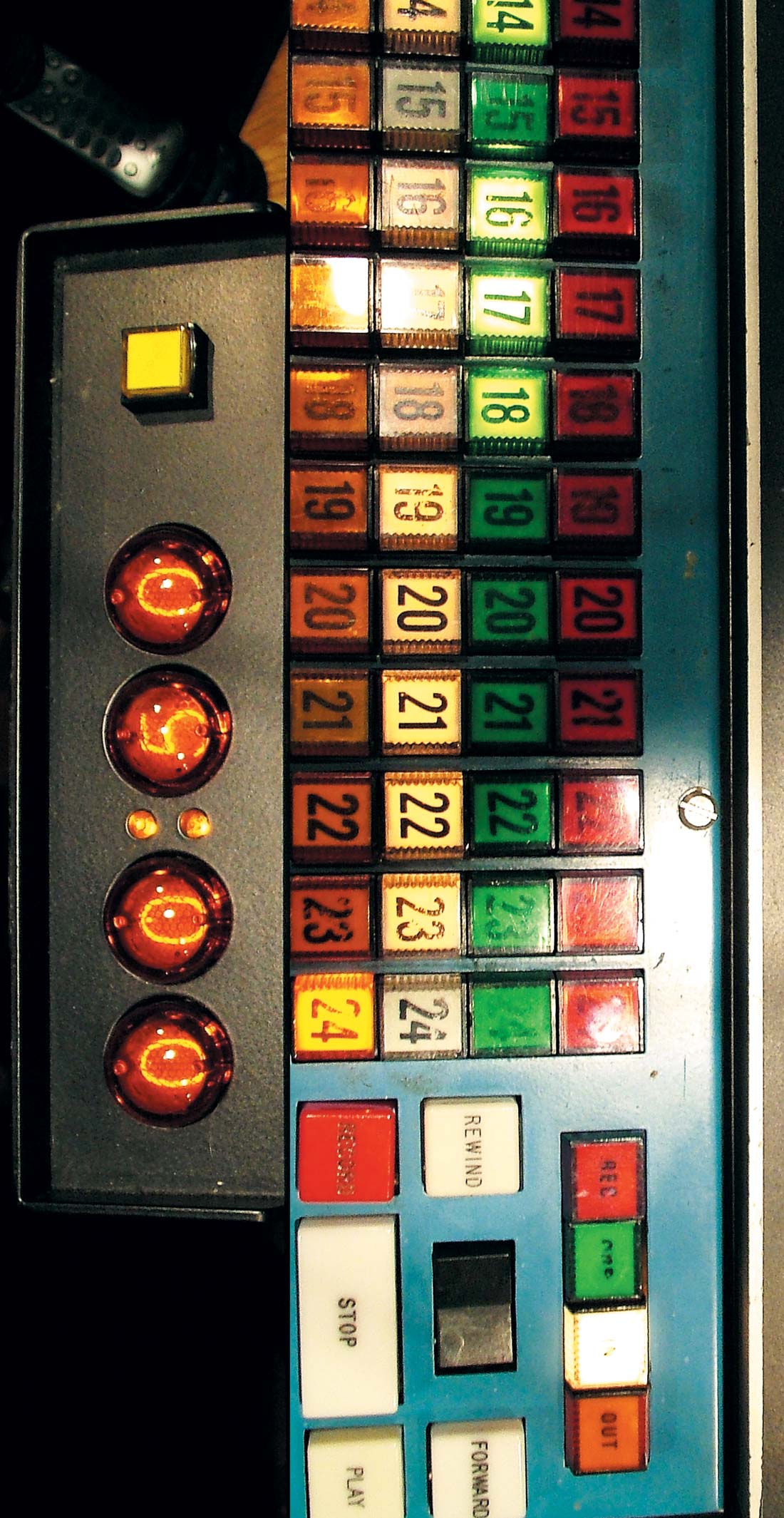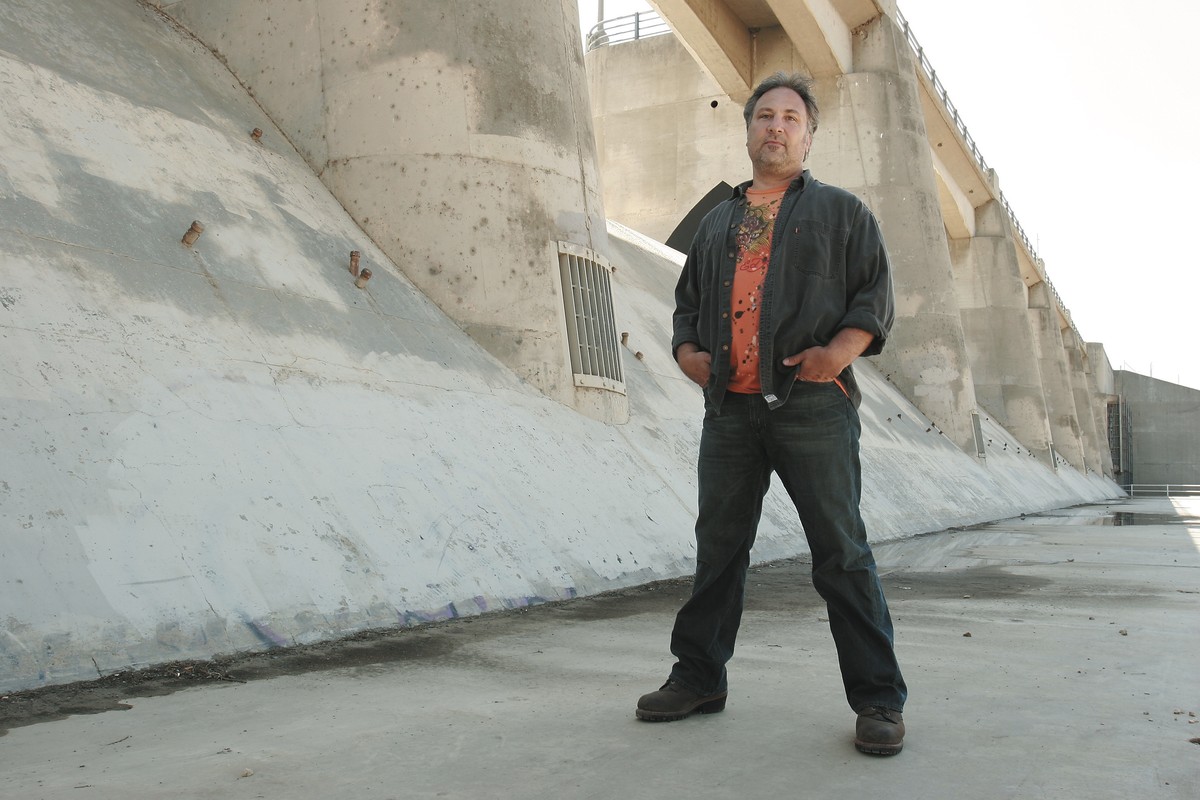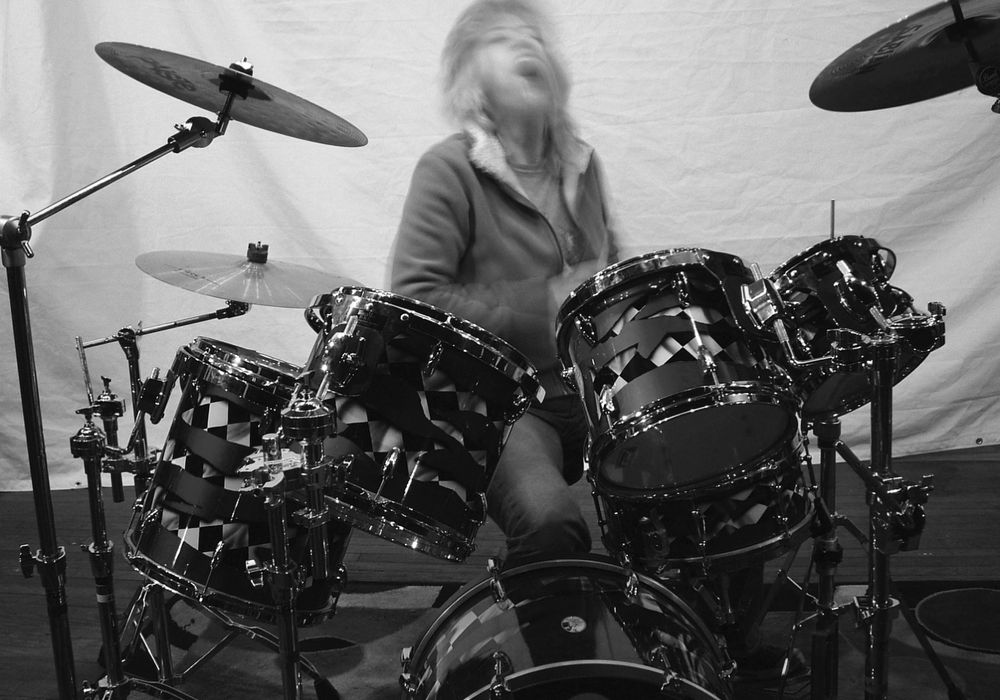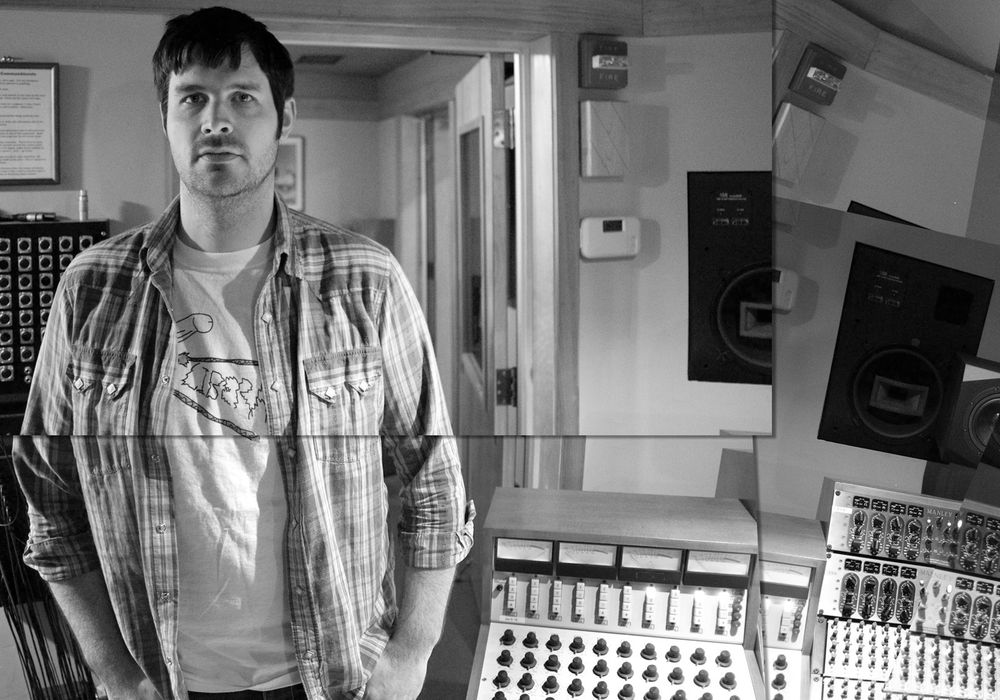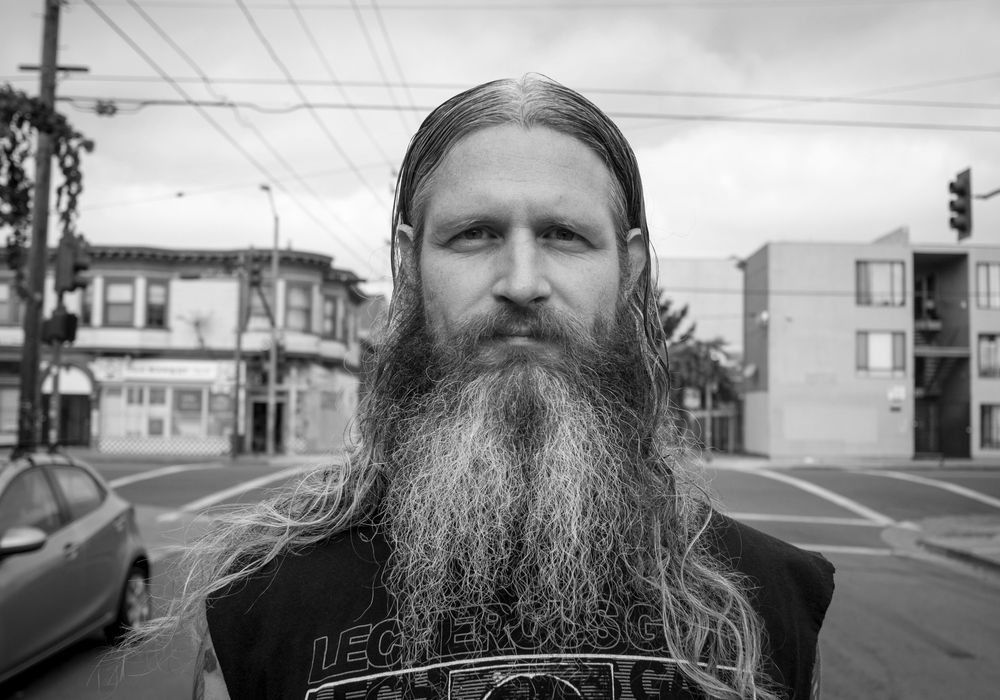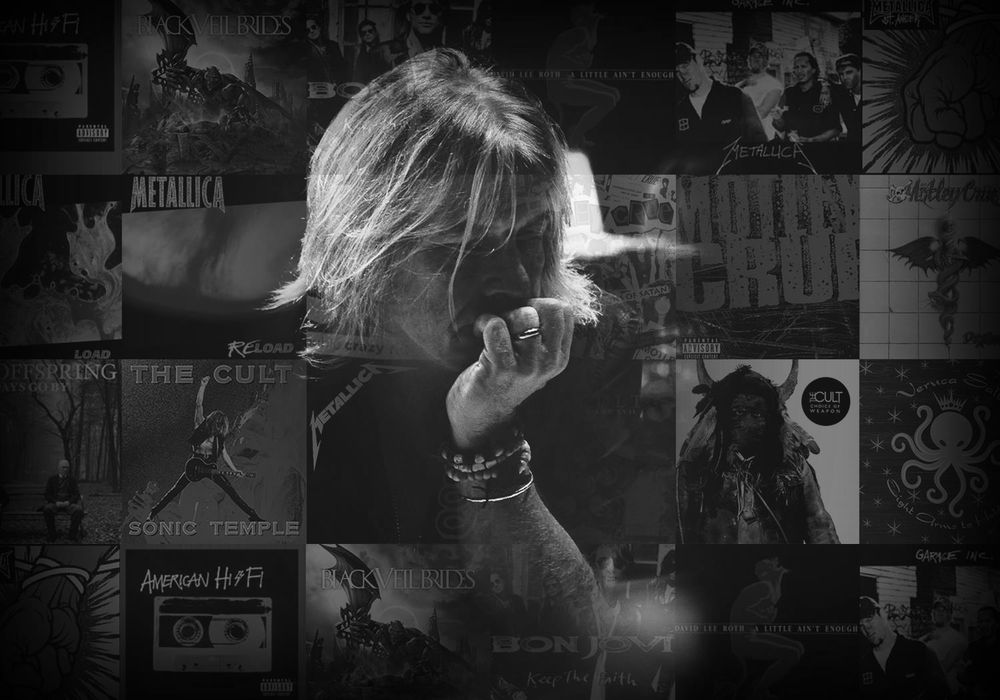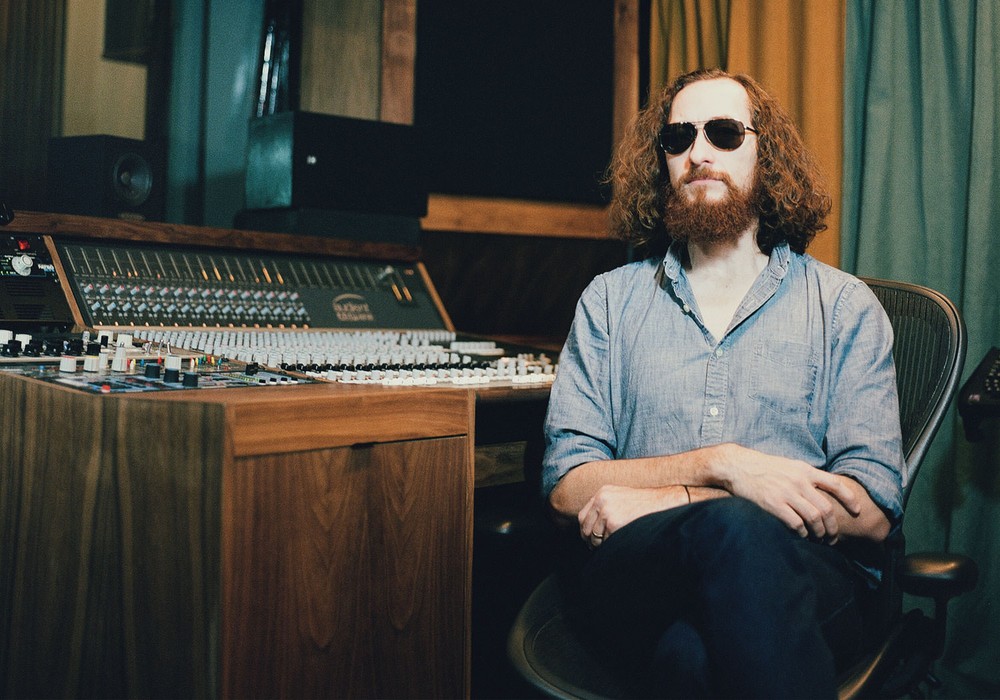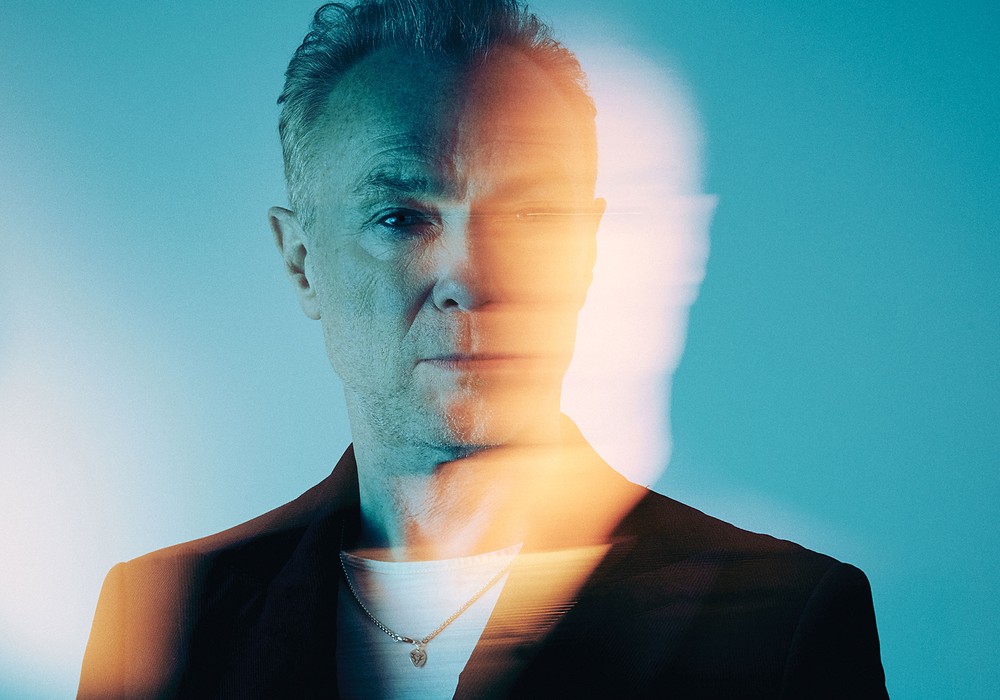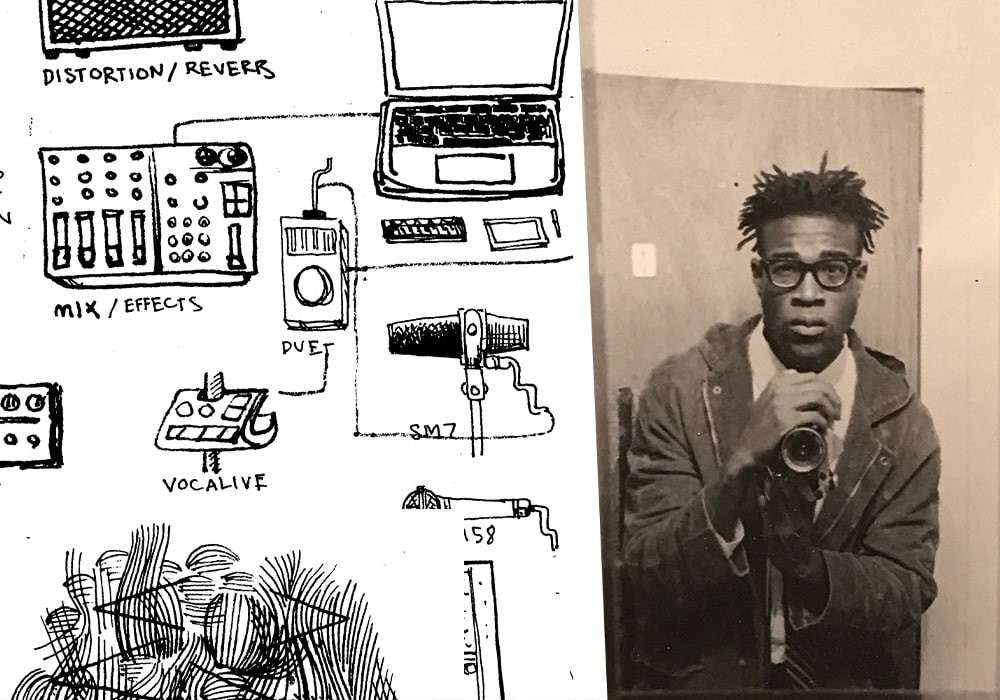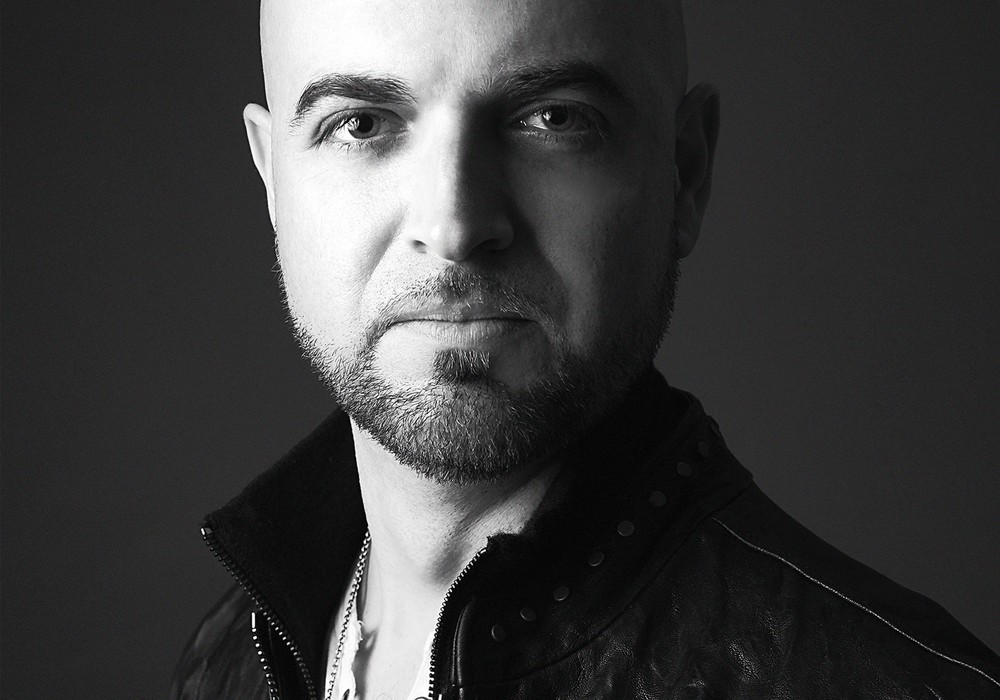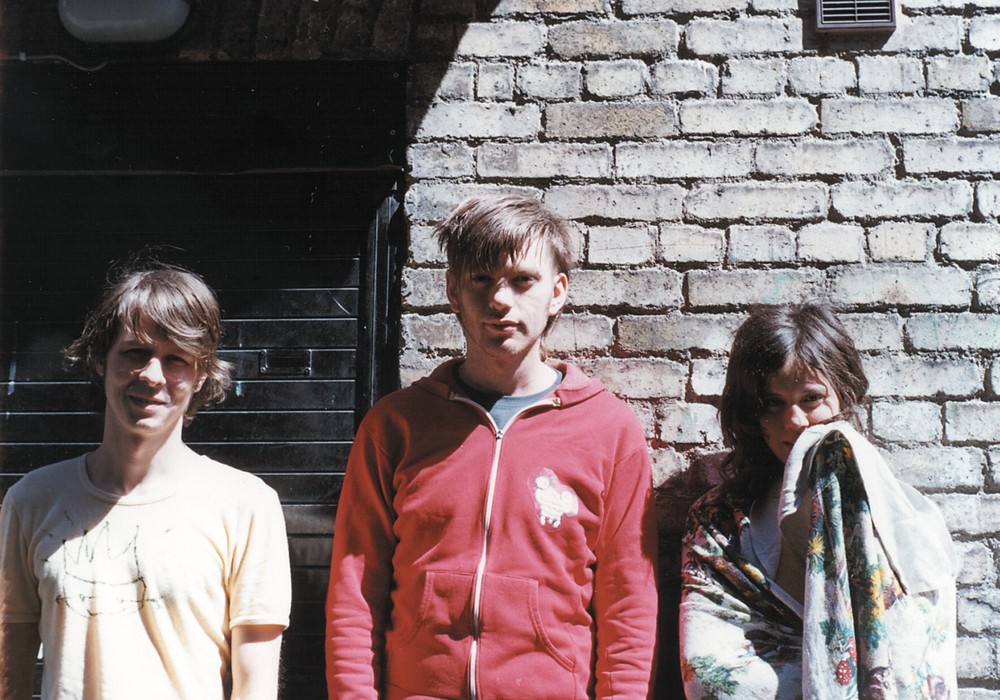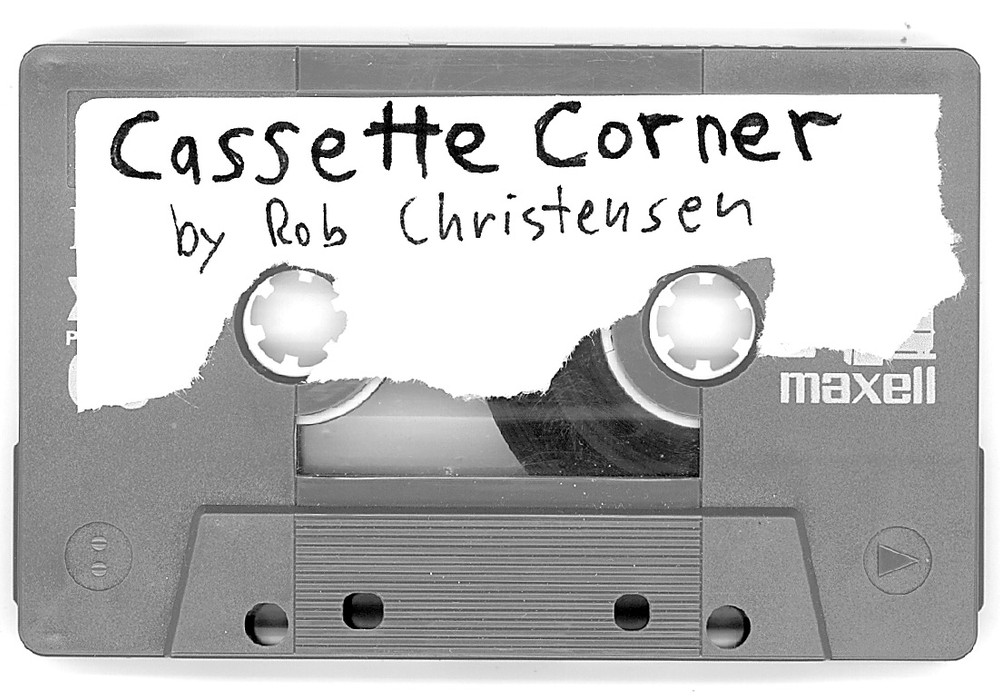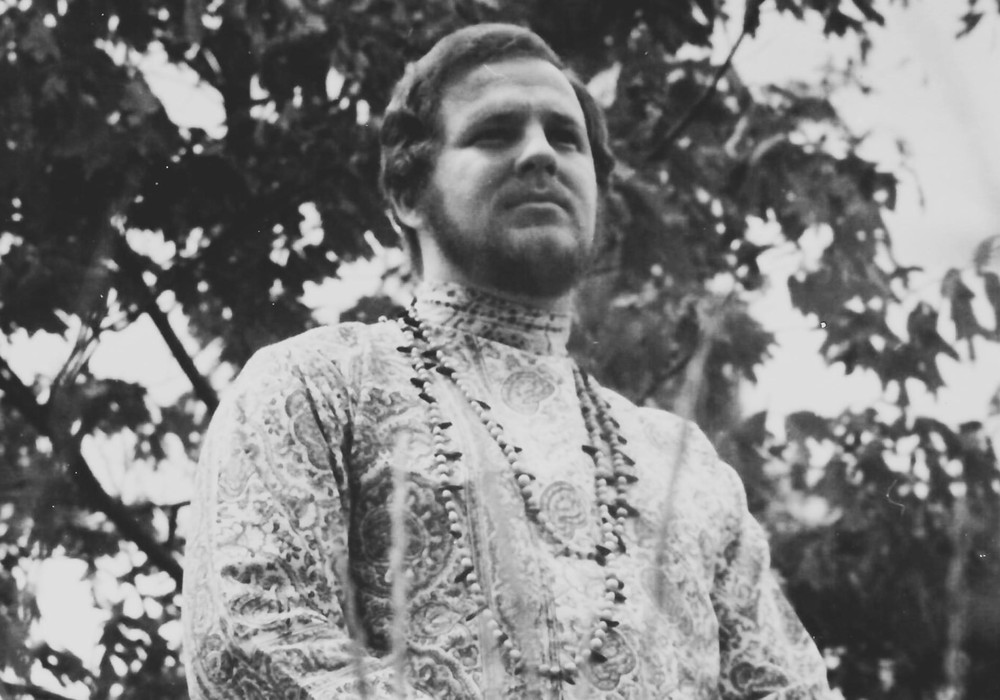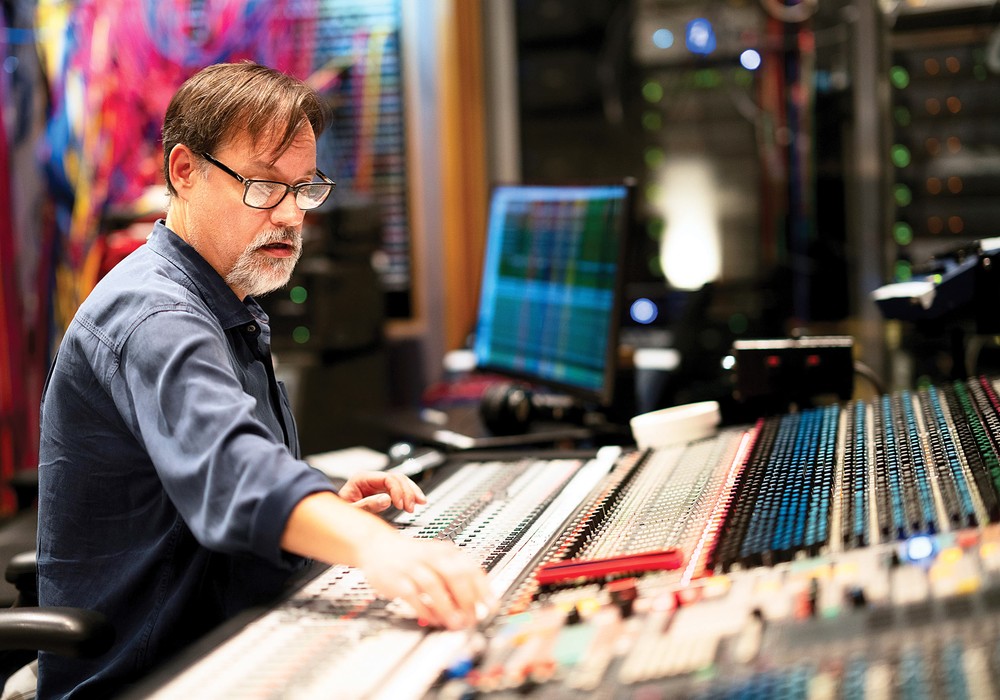Ross Hogarth is one of the nicest people you'll ever meet. His career spans multiple genres, years, and artists, and his discography reads like a Who's Who of the music industry. Having worked on everything from legendary hair metal of the '80s to Grammy-winning work with blues artist Keb' Mo' to Melissa Etheridge, clearly "whatever works" for Ross is working.
How did you hook with these high profile players right off coming from New York?
At the time I'm only 16 years old. Most people are still in high school and I'm already out of the womb. I ended up down in Santa Cruz, a great beach and surf town, which was the home of the road crew of the Doobie Brothers, Bonnie Raitt and Jackson Browne. We had this whole team of roadies down there called the Rock 'n' Roll Mercenaries that I immediately hooked up with. They brought me to a rehearsal studio called the Alley in L.A., which turned out to be really fortuitous thing. It still exists. It's been like my second home. I've always believed if you keep your eyes open, it's not only all about lucky breaks — it's about doors that open. You have to see them open and go through them.
Right place at the right time?
Well, it seems that when you're open for the right people to be in your life, if your eyes are open and you're present to that, then you probably will see them, whoever they are. And if you're not, then you're probably going to miss them. [laughs] So I connected up with this whole family of music. Coincidentally, my brother is an artist, so I had the whole art crowd — including the guy, Neon Park, who did the covers for Little Feat. I just gravitated towards them — just like minds.
So the Alley became home?
Right. It's still vital. The [Red Hot] Chili Peppers are in there doing pre-production right now. Before them, System of a Down. But in the mid-to-late '70s, you'd have Little Feat, Poco, Emmylou Harris, Jackson Browne, Bonnie Raitt, Crosby, Stills & Nash, Mick Fleetwood, Billy Burnett, punk bands. At any point in time they'd be in there rehearsing. I was just like, "Who needs me to work for you?" That was my attitude. So I went to work.
What kinds of work were you doing?
I tuned guitars, set up drums, drove around L.A. and went on the road. The punch line of it all is that I befriended people that, to this day, are crucial to my career- most of all, David Lindley, who was Jackson Browne's guitar and slide player. He's a wailing slide guitar player and multi-instrumentalist. David started a band named El Rayo-X that did this white hybrid reggae music, and made a record that's an underground favorite. They had a hit named "Mercury Blues". I was in the studio with him while he was making his record and found myself running the tape machine at one point. That was the entry into, "Hey, this is what I want to be doing!"
Were you still doing road gigs?
Well, one of the things I learned really early on is that the concept of service, serving the moment, and being aware of what's needed, is crucial. And that's what has always been in the forefront of what I do. It's okay to serve people. There's nothing demeaning about being a roadie if you're a great roadie, or a great tech, or a great engineer; maybe it's not important to be the producer. Maybe on a monetary level, if you don't feel like you're paid enough, that's another conversation. But strictly from a separating-yourself- from-the-credit-and-money sort of thing, it's really pretty cool to travel around, work for great musicians, do a great job making sure there's cables and batteries, guitars are in tune, and then stand on the side of the stage. You've served them so they can play a great show, so all they have to do is play [laughs] and all you have to do is listen to great music.
That's not too rough of a life. [laughs]
Not at all. So when it comes to engineering, for me it was a natural progression — it was the next level of serving musicians. I get to be closer to the process. I get to be part of that thing where, when I was a kid, I would pore over the credits on records. I saw that early on, but the closest I would get...
